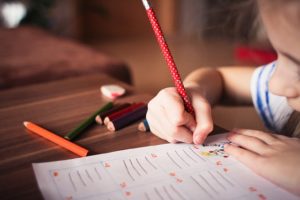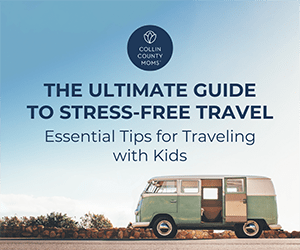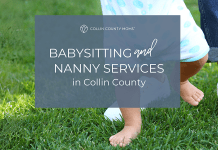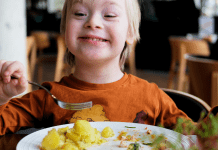Sometimes we have to be a little sneaky with our children. Before you start thinking I’m a terrible mom, think about it – we all do it. We hide tiny bites of carrots in brownies; we tell our kids that the music playing on the ice cream truck means they’re out of treats; we explain that children need sleep to grow and they just might shrink a little if they don’t hurry and get to bed; we tell our kids if they don’t do some type of learning and reviewing over the summer, they’ll forget EVERYTHING!
The thing is, the last one, or “summer brain” as I like to call it, isn’t exactly a fib. When kids come back from summer break and jump into a new grade, they seem to have forgotten everything they’ve learned from the prior year. The first several weeks are spent reviewing, reminding, and reteaching objectives. In fact, reviewing concepts isn’t something that’s merely taught in August and September – teachers are constantly integrating and spiraling previously learned material throughout the whole year. Why? Because we know that if they don’t use it, they lose it.
What can we do as parents to help our kids retain what they’ve worked so hard learning over the school year? Here’s where we have to be a little sneaky. Some kiddos are eager to jump into a workbook, play learning games on their tablet, or read all summer. Some kids are DONE with school. In other words, don’t even mention a fraction or a hyperbole to them. They will clock out of the conversation faster than a slippery toddler running away from you after a bath. Therefore, as a teacher AND parent, I give you my:
10 Ways to Sneak in Summer Learning
1. Converting measurements: Get the kids to help with cooking, specifically with measuring. Measurement consistently seems to be one of the lowest scoring skills on assessments, so this is a biggie. Tell your kids that you need two tablespoons of something, but only have a teaspoon.
2. Multiplication: Ask your children what measurements you’ll need if you double or triple a recipe (or any sum). Think of things your kids like. My son loves bunnies, so I might say, “I see two birds and one bunny outside. How many total legs are there?”
3. Elapsed time: Ask them what time it is (make them look at a real clock, not a digital one!), then ask them how many hours until dinner/bed time/Grandma is coming over.
4. Financial literacy, estimation, reading a scale, rounding: Take them to the store with you (I know, this is sacred mommy time, but bear with me) and have them tell you how many ounces are in the products you’re buying compared to the cost. “Which is a better deal?” Then, make them weigh your produce on the scale. “How many apples do you think we need to add to round up to the nearest pound?”
5. Analysis, comprehension, inferencing: Ask them to describe the characters in a show or movie they’re watching or a book they’re reading. “Who is the protagonist? What genre would this be? How would you change the ending? How would it change if told from a different character’s point of view? Why do you think foreshadowing was necessary in the beginning?”
6. Fractions and division: Ask how we could divide the pizza/cake/pie/lasagna so that everyone gets an equal amount. “What if we cut it into smaller pieces? Now what do we do?”
7. Addition and subtraction: During meals, pose different questions. “If I give you four more crackers, how many will you have in all? If I take away 12 pieces of cereal, how many will you have left? If you eat seven more peas, how many more peas do you need to eat to be finished and have dessert?”
8. Inferencing and critical thinking: Get them thinking! “Why do you think stop signs are red? How could you make a stop sign stand out more if no one could see color? How would life be different if we didn’t have electricity? We’re thinking of rearranging the furniture. Can you draw me a map of the living room with possible ways to do this? Don’t forget about lamps, the TV, and where the outlets are.”
9. Identifying and counting money, making lists, addition and subtraction, alphabetical order, financial literacy: Involve your kids in your grocery planning. “My budget for the store is $85. Can you count these bills and coins and tell me if I have enough? How far away am I from $85? If I use these four coupons, how much will I save? Can you make a list of things we need at the store that we’d find in the freezer section? Please help me out by putting my list in ABC order.”
10. Percent of increase/decrease, financial literacy: Look in the mailers you get that have items for sale. Ask what the percent of decrease is on an item. Then, ask what the percent of increase would be if the item costs $15 more. Next, tell them they have a pretend budget of $500. What would they buy?
Yes, our kids deserve a break from sitting in a classroom all day, but they also need to keep their minds from turning to mush. If you can throw in a little math or literacy during the day, your child’s upcoming teacher will be forever grateful. If all else fails, get your kids to read, read, and read some more. (If you need ideas on how to get your kids to love reading, check out my previous post). As a reward for being such an awesome mama, sneak in a little chocolate break without sharing. If your kids catch you in the pantry eating your candy bar (you know you’ve done it), just shrug and tell them it’s too spicy for them.













